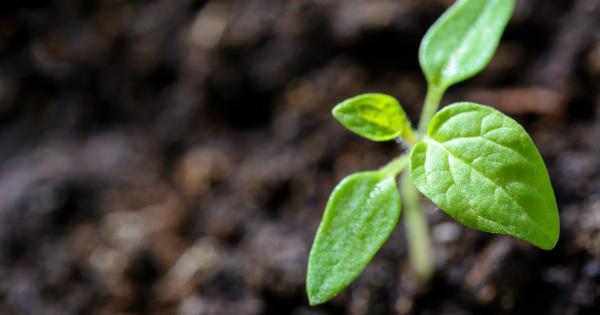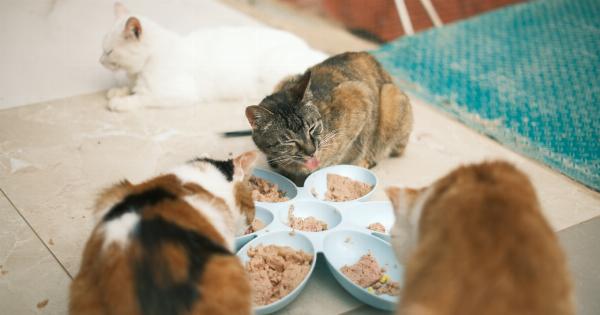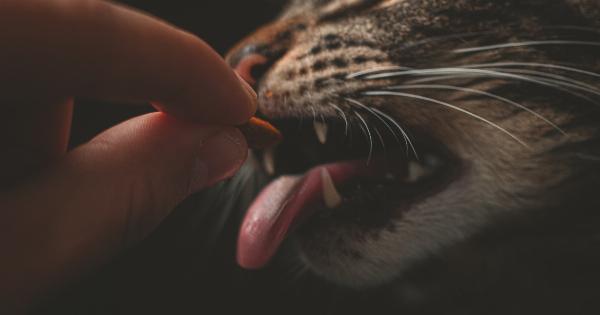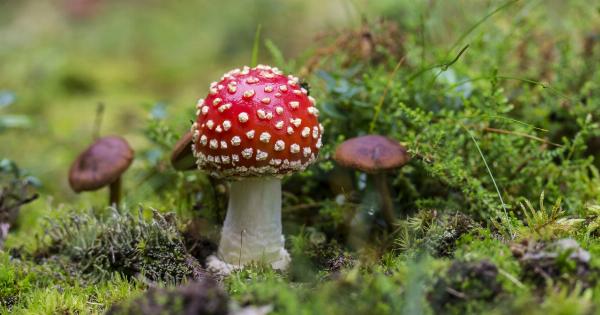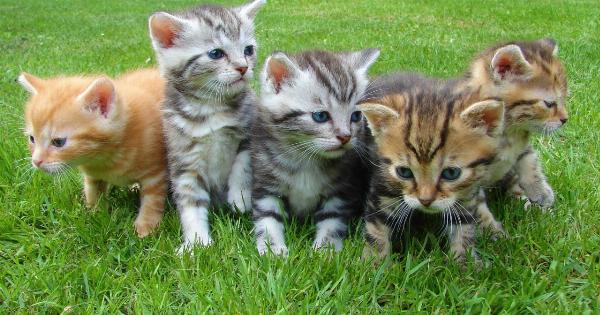Cats are known for their independence, agility, and playful nature. To maintain their overall health and well-being, it is essential to provide them with a balanced diet that fulfills their nutritional requirements.
Proper nutrition is vital in preventing various health issues, supporting growth and development, and boosting their immune system. In this article, we will explore the significance of providing your cat with the right nutrition for a healthy and happy life.
The Basics of Cat Nutrition
Before delving into the importance of proper nutrition, it is essential to understand the basics of cat nutrition. Cats are obligate carnivores, meaning they primarily thrive on a diet that consists of animal-based proteins.
Unlike humans and some other animals, cats require certain nutrients, such as taurine and arachidonic acid, which are only found in animal tissues.
In addition to high-quality proteins, cats also need a balance of fats, carbohydrates, vitamins, and minerals to meet their specific dietary needs.
While proteins provide the necessary amino acids for muscle development and tissue repair, fats act as a concentrated source of energy. Carbohydrates, although not an essential part of their diet, can serve as a source of fiber and energy. Adequate amounts of vitamins and minerals are essential for their overall health and support various bodily functions.
The Role of Proper Nutrition in Preventing Health Issues
Providing a well-balanced and nutritious diet to your cat is crucial in preventing various health issues.
One of the most common conditions in cats is obesity, which can lead to numerous health complications, including diabetes, joint problems, and heart disease. By feeding your cat a diet that meets its energy requirements without excess calories, you can effectively manage their weight and reduce the risk of obesity.
Furthermore, proper nutrition plays a significant role in preventing urinary tract diseases in cats. A diet rich in moisture and with adequate mineral balance helps maintain urinary pH levels and prevents the formation of urinary crystals or stones.
Certain nutrients, such as omega-3 fatty acids, also contribute to urinary tract health by reducing inflammation.
Another health issue that can be prevented through proper nutrition is dental disease. Feeding your cat dry food or providing dental treats can help control tartar buildup, reduce plaque formation, and promote good oral health.
Additionally, a diet that supports gum health can prevent periodontal disease and keep your cat’s teeth and gums in excellent condition.
Growth, Development, and Nutritional Needs
Proper nutrition is especially critical during the growth and development stages of your cat’s life. Kittens require a diet that is specifically designed to meet their high energy requirements.
A balanced diet ensures optimal bone development, muscle growth, and a strong immune system.
During the later stages of life, cats become susceptible to age-related health issues such as arthritis and cognitive decline.
By providing a diet rich in antioxidants, vitamins, and essential fatty acids, you can support their joint health, brain function, and overall well-being. Additionally, older cats may benefit from diets that are lower in fat and calories to prevent weight gain and maintain muscle mass.
The Impact of Nutrition on the Immune System
A well-functioning immune system is crucial for a cat’s ability to fight off infections and diseases. Nutritional deficiencies or imbalances can weaken the immune system and make your cat more susceptible to illnesses.
Ensuring your cat receives a diet that is rich in high-quality proteins, vitamins (such as vitamins A, C, and E), and minerals (such as selenium and zinc) can strengthen their immune system and promote overall health.
Omega-3 fatty acids, commonly found in fish oils, have also been shown to have immune-boosting properties.
These essential fatty acids help reduce inflammation and enhance immune cell function, supporting your cat’s ability to fight off infections and maintain optimal health.
The Role of Water in a Cat’s Diet
In addition to providing a well-balanced diet, access to fresh water is equally important for your cat’s health. Hydration plays a vital role in various bodily functions and helps maintain optimal organ function.
Proper hydration supports kidney health, prevents urinary tract diseases, aids digestion, and helps regulate body temperature.
While cats can get some of their water requirement through wet food, it is still essential to provide clean, fresh water at all times.
Cats are not always inclined to drink large amounts of water, so having multiple water sources available throughout your home can encourage them to stay hydrated.
Choosing the Right Cat Food
When it comes to choosing the right cat food, it’s essential to consider the specific nutritional needs of your feline friend.
Consult with your veterinarian to determine the ideal type of food (wet, dry, or a combination) and the appropriate portion size for your cat based on factors like age, weight, and any underlying health conditions.
Look for high-quality cat foods that contain animal-based proteins as the primary ingredients. Avoid products that include a large amount of fillers, artificial additives, and preservatives.
Reading and understanding the nutritional information and ingredients list on cat food labels can help you make an informed decision and choose the best option for your cat’s health and well-being.
Sensitive Cats and Special Dietary Needs
Just like humans, some cats may have specific dietary needs or be more sensitive to certain ingredients.
If you suspect that your cat has food allergies or sensitivities, it is crucial to work with your veterinarian to identify the problematic ingredients and find an appropriate diet that avoids those triggers.
Special dietary needs may also arise due to certain health conditions. For example, cats with kidney disease may require a diet that is low in phosphorus and sodium to support kidney function.
Cats with diabetes might benefit from a diet high in protein and low in carbohydrates to help regulate their blood sugar levels.
Caring for Senior Cats
As cats age, their nutritional needs change, and their ability to digest certain nutrients may decrease. Senior cats may require diets that are higher in easily digestible proteins and lower in fat.
They can also benefit from the inclusion of specific nutrients, such as joint-supporting compounds like glucosamine and chondroitin, to promote joint health and mobility.
Regular veterinary check-ups are essential for senior cats to monitor their body condition, weight, and overall health.
Your veterinarian can provide guidance on adjusting their diet, if necessary, to ensure they receive the appropriate nutrients for their age and any specific health concerns they may have.
Conclusion
Proper nutrition is vital for a cat’s overall health, growth, and development.
A balanced diet that contains high-quality proteins, appropriate fats, essential vitamins and minerals, and sufficient moisture plays a significant role in preventing health issues, supporting the immune system, and promoting optimal well-being. By understanding your cat’s specific nutritional needs and providing them with an appropriate diet, you can contribute to their long and happy life.

